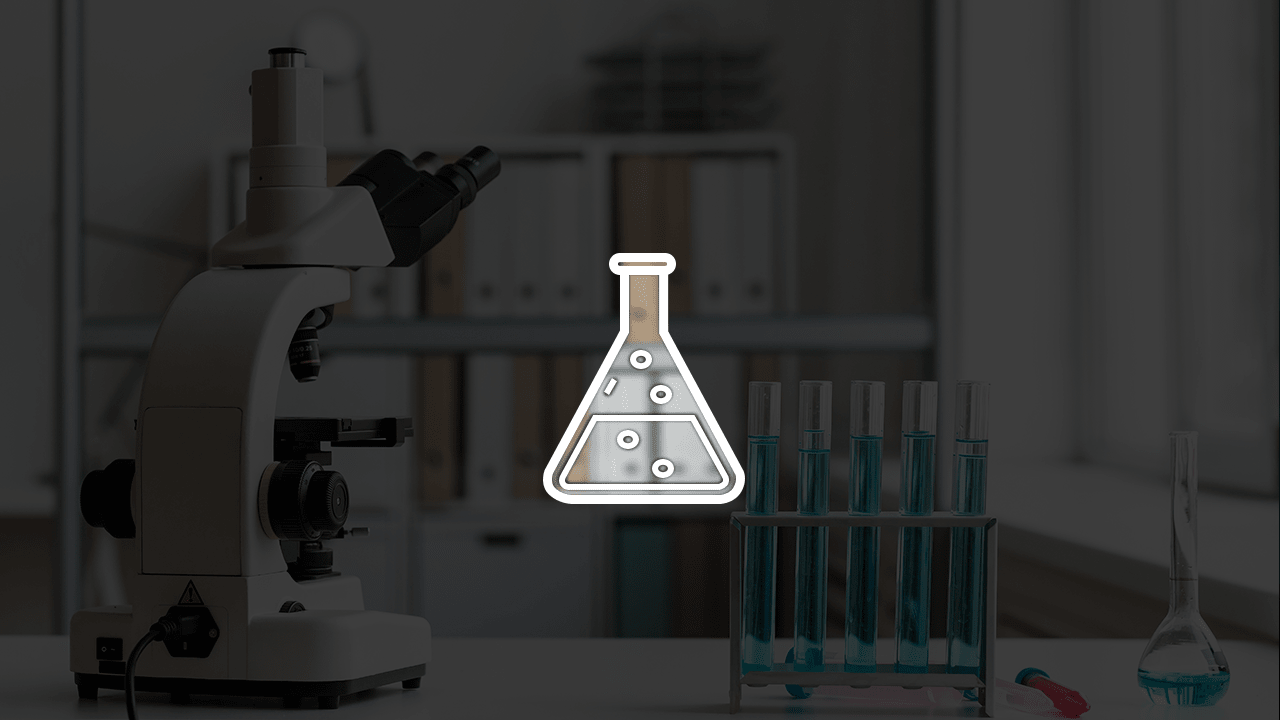There are a few different ways to test water hardness. One simple way is to do the quick soap suds test. Simply fill a clean glass about halfway with water and add a few drops of liquid soap. Shake the glass vigorously. If you get a lot of suds, your water is soft. If you get very few suds or the water looks cloudy, your water is hard.
Another way to test water hardness is to check with your city or water provider. Many water providers provide water quality reports that include information about water hardness.
Finally, you can use a high-quality hard water test kit. These kits are available online and at many home improvement stores. They are typically more accurate than the quick soap suds test, but they can also be more expensive.
How Is Water Hardness Measured?
Water hardness is measured in milligrams per liter (mg/L) of calcium carbonate (CaCO3). The higher the concentration of CaCO3 in the water, the harder the water is.
Water Hardness Scale: How To Interpret The Water Hardness Testing Results
Here is a water hardness scale that you can use to interpret your test results:
- Soft water: 0-60 mg/L
- Slightly hard water: 61-120 mg/L
- Moderately hard water: 121-180 mg/L
- Hard water: 181-300 mg/L
- Very hard water: Over 300 mg/L
How To Treat Hard Water Effectively
There are a number of different ways to treat hard water. One common method is to use a water softener. Water softeners work by removing calcium and magnesium ions from the water.
Another way to treat hard water is to use a filter that specifically removes calcium and magnesium ions. These filters are typically less expensive than water softeners, but they may need to be replaced more often.
Finally, you can also use a variety of home remedies to treat hard water. For example, you can add vinegar to your laundry to help prevent scale buildup in your washing machine. You can also add baking soda to your bath water to help soften your skin.
Conclusion
Testing your water hardness is a good way to determine if you have hard water and to choose the best treatment solution for your needs. If you have hard water, there are a number of different ways to treat it, including water softeners, filters, and home remedies.
Faqs
What steps can I take to prevent scale buildup in my plumbing and appliances due to hard water?
Here are some steps you can take to prevent scale buildup in your plumbing and appliances due to hard water:
- Install a water softener or filter.
- Use vinegar or baking soda to clean your plumbing fixtures and appliances regularly.
- Wipe down your bathtub, shower, and sink after each use.
- Flush your washing machine with vinegar once a month.
What is the acceptable range for water hardness in residential settings?
The acceptable range for water hardness in residential settings is 0-120 mg/L. Water with a hardness level above 120 mg/L is considered to be hard water.
What are the signs that my water might be hard?
Here are some of the signs that your water might be hard:
- Soap scum on your bathtub, shower, and sink
- Scale buildup on your plumbing fixtures and appliances
- Dry skin and hair
- Difficulty getting suds when you shower or wash dishes
- Dingy laundry
Can I test water hardness on my own, or do I need a professional?
Yes, you can test water hardness on your own using one of the methods described above. However, if you are unsure about how to test your water or if you need help interpreting your results, you can contact a water quality professional.








